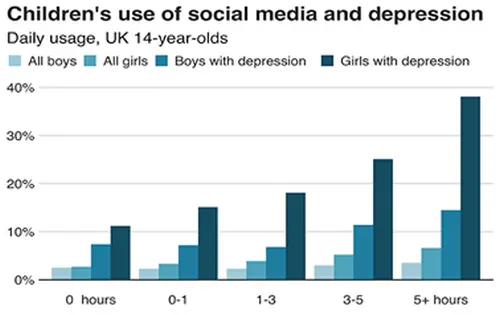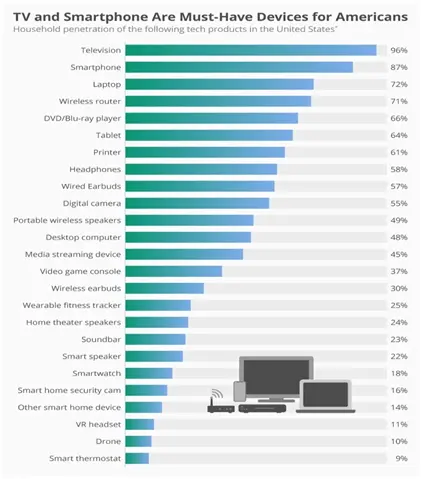
News & update
Screen Time and Children
- Children (2-5 years) = non-educational screen for 1 hour per week
= non-educational screen for 3 hours per week
- Children (6& older) = educational or non-educational only 2 hours per day
Screen time limits by groups of age:
- Average daily hours by age group 8-10 years old: Six hours.
- Average daily hours by age group 11-14 years old: Nine hours.
- Average daily hours by age group 15-18 years old: Seven and 1/2 hours.
USAGE OF TV:
- Choices: 2 programs
- Time limit: 1 or 2 hours
- Age limit: older than 2 years
- The American Academy of Pediatrics recommends that younger children than 2 years must not watch digital media.

Benefits:
- Educational value

- School work
- Different researches
- Improvement of motor skills and coordination
- Internet tools
- Texting and calling
- HEALTH BENEFITS:
- Decrease of stress and depression
- Improvement in sleep habits
- Proper brain functioning
- Boost physical activity
- Improvement of Posture
- Reduction of eye strain
Results of excessive usage:
- Less attention towards studies

- Reading fewer books
- Less time with family and friends
- No physical activity
- Weight problems
- Mood problems (anger, aggression, frustration, depression, etc.)
- Poor self-image and body image issues
- Fomo (fear/phobia of missing out)
- Less time to relax and have fun
- Sleep problems
- Depletion of mental energy
Guidelines for average use:
- Turn off screens from 30 to 60 mins before bedtime.
- Turn off screens during meal time, family time and outings.
- Screen time must be limited for non-educational purposes.
- Do not use screens as babysitter.
- Screen time limit for educational purposes should be 1 hour per day.
Reasons for neglecting:
- Brutality
- Challenges that inspire unsafe behavior
- Sexual violence
- Negative stereotypes
- Cyberbullies and predator
- Advertising aimed at any child
- Misguidance or incorrect information
AFFECT ON BRAIN:
National Institutes of Health showed that
- Kids who spend more than two hours a day on screen time activities score lower on language and thinking tests.
- Kids who spend more than seven hours a day on screens show a thinning of the brain’s cortex, which manages critical thinking.
Tips to reduce screen usage:
- Set goals with your kids to be intentional about reducing screen time.

- Be sensible
- Be involved in any fruitful or physical activity
- Put away all hand-held device
- Walk out
Most popular program:
- COCOMELON:
It is so hyper stimulating that it actually acts as a drug. The brain gets a hit of dopamine from screen-time and it seems that the stronger the ‘drug’.
For further information visit:




